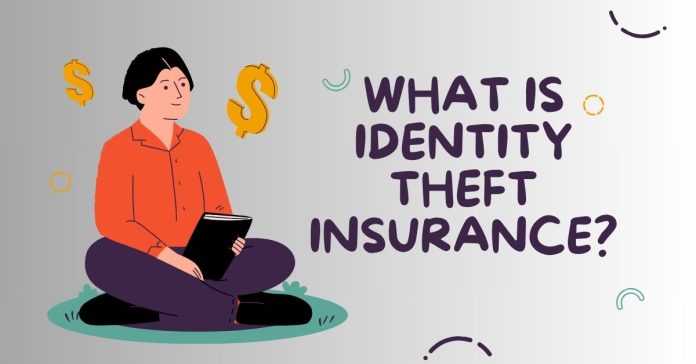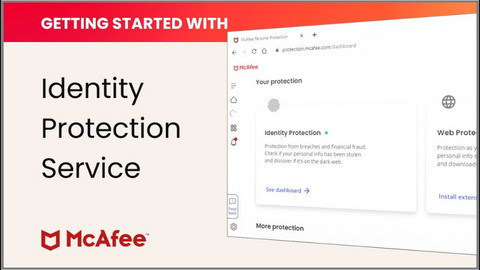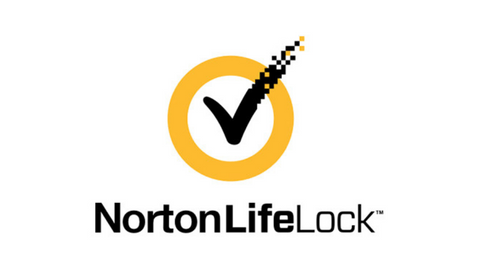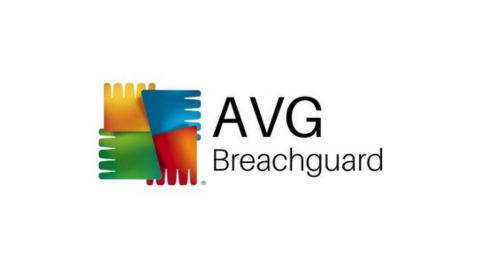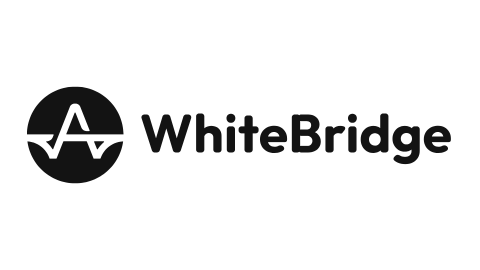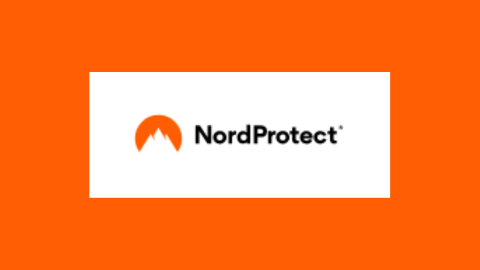I will answer the question – what is identity theft insurance? in this post.
In our increasingly digital world, identity theft has become a significant concern for individuals and businesses alike.
As criminals develop more sophisticated methods to steal personal information, many people use identity theft insurance to protect themselves.
But what exactly is identity theft insurance, how does it work, and is it worth the investment?
This blog post will delve deep into identity theft insurance, exploring its benefits, limitations, and alternatives.
Table of Contents
What Is Identity Theft?
Before diving into identity theft insurance, it’s crucial to understand what it is and why it’s a pressing issue today.
Identity theft occurs when someone illegally obtains your personal information and uses it for their financial gain.
This can include stealing your:
- Social Security number
- Credit card information
- Bank account details
- Medical insurance information
- Driver’s license number
- Passport information
Criminals can use this stolen information to:
- Open new credit card accounts in your name
- Take out loans
- File fraudulent tax returns
- Access your existing bank accounts
- Obtain medical treatment using your insurance
- Commit crimes using your identity
The consequences of identity theft can be devastating, both financially and emotionally. Victims often spend countless hours and significant amounts of money trying to restore their credit and clear their names. This is where identity theft insurance comes into play.
What is Identity Theft Insurance?
Identity theft insurance is a type of coverage designed to help victims of identity theft recover from the financial losses and expenses associated with restoring their identity and credit.
It’s important to note that this insurance doesn’t prevent identity theft from occurring, nor does it cover direct financial losses resulting from the theft.
Instead, it primarily covers the costs associated with recovering your identity and repairing your credit.
Top Identity Protection Deals
What Does Identity Theft Insurance Cover?
While coverage can vary depending on the insurance provider and specific policy, identity theft insurance typically covers:
- Lost Wages: If you need to take time off work to deal with identity theft issues, the insurance may reimburse you for lost income.
- Legal Fees: If legal action is necessary to restore your identity or credit, the insurance may cover attorney fees.
- Notary and Certified Mailing Costs: These expenses often arise when sending official documents to credit bureaus, financial institutions, or government agencies.
- Phone Bills: Costs associated with making calls to financial institutions, credit bureaus, and other relevant parties.
- Credit Report Fees: Charges for obtaining additional credit reports beyond the free annual reports you’re entitled to.
- Loan Re-application Fees: If you were denied a loan due to identity theft, the insurance might cover the cost of reapplying.
- Child Care Expenses: If you need childcare while addressing identity theft issues, some policies may cover these costs.
- Credit Monitoring Services: Many policies include or offer credit monitoring as part of their coverage.
- Identity Recovery Services: Some insurers provide professional assistance to help guide you through restoring your identity.
What Identity Theft Insurance Doesn’t Cover?
It’s equally important to understand what identity theft insurance typically doesn’t cover:
- Direct Financial Losses: If a thief steals money from your bank account or makes purchases with your credit card, identity theft insurance generally doesn’t reimburse these losses. (However, most credit cards and banks have fraud protection policies that may cover such losses.)
- Pre-existing Identity Theft: If your identity was stolen before you purchased the insurance, it likely won’t be covered.
- Losses to Your Business: Most personal identity theft policies don’t cover losses related to your business or self-employment activities.
- Losses Caused by Someone You Know: Some policies may not cover theft committed by a family member or someone you’ve willingly shared your information with.
How Much Does Identity Theft Insurance Cost?
The cost of identity theft insurance can vary widely depending on the provider and the level of coverage.
Generally, you can expect to pay anywhere from $25 to $60 per year for basic coverage. Some insurers offer identity theft protection as an add-on to homeowners’ or renters’ insurance policies, which may be more cost-effective.
More comprehensive plans that include additional services like credit monitoring, dark web monitoring, and identity recovery assistance can cost anywhere from $100 to $300 or more per year.
Is Identity Theft Insurance Worth It?
Identity theft insurance’s value depends on your circumstances and risk factors. Here are some pros and cons to consider:
Pros
- Peace of Mind: Knowing you have financial support if you become a victim of identity theft can provide significant peace of mind.
- Time and Effort Savings: Recovering from identity theft can be time-consuming and complex. Insurance that provides assistance and covers related expenses can save you considerable time and effort.
- Expert Assistance: Many policies provide access to identity recovery specialists who can guide you through restoring your identity and credit.
- Coverage for Unexpected Costs: While you might be prepared for some costs associated with identity theft, insurance can help cover unexpected expenses during recovery.
Cons
- Limited Coverage: As mentioned earlier, ID theft insurance doesn’t prevent theft or cover direct financial losses, which may limit its value for some people.
- Overlap with Existing Protections: Many credit cards and banks already offer fraud protection, so some of the benefits of identity theft insurance might be redundant.
- Cost vs. Benefit: For some individuals, the annual cost of the insurance might outweigh the potential benefits, especially if they’re at low risk for identity theft.
- False Sense of Security: Having insurance might lead some people to be less vigilant about protecting their personal information.
READ ALSO: A Guide to Cybersecurity Insurance
Alternatives to Identity Theft Insurance
If you’re unsure about purchasing identity theft insurance, there are several alternatives and complementary measures you can take to protect yourself:
- Credit Freezes: You can place a freeze on your credit reports with the three major credit bureaus (Equifax, Experian, and TransUnion) for free. This makes it much harder for criminals to open new accounts in your name.
- Credit Monitoring Services: These services alert you to changes in your credit report, helping you catch potential fraud early. Some are free, while others charge a monthly or annual fee.
- Identity Monitoring Services: These go beyond credit monitoring to scan the dark web and other sources for your personal information.
- Free Fraud Alerts: You can place a fraud alert on your credit report for free, which requires businesses to verify your identity before issuing credit in your name.
- Regular Credit Report Checks: You’re entitled to one free credit report from each of the three major credit bureaus annually. Regularly reviewing these can help you spot potential identity theft early.
- Strong Security Practices: Use strong, unique passwords for all your online accounts, enable two-factor authentication where possible, and be cautious about sharing personal information online or over the phone.
Who Should Consider It?
While anyone can become a victim of online privacy invasion, some individuals may be at higher risk and might benefit more from IT insurance:
- High-Income Individuals: Those with higher incomes may be more attractive targets for identity thieves and have more to lose.
- People with Poor Credit: If you have poor credit, you might overlook new fraudulent accounts as quickly, giving thieves more time to do damage.
- Frequent Online Shoppers: The more you shop online, the more opportunities there are for your information to be compromised.
- Victims of Data Breaches: If your information has been involved in a data breach, you might be at higher risk for identity theft.
- Elderly Individuals: Seniors are often targeted by identity thieves and may benefit from the additional protection and assistance insurance provides.
- Parents of Young Children: Children’s identities are attractive to thieves because the fraud often goes undetected for years.
How to Choose an IT Insurance Policy
If you decide that digital theft insurance is right for you, here are some factors to consider when choosing a policy:
- Coverage Limits: Look at the maximum amount the policy will pay and ensure it’s sufficient for your needs.
- Covered Expenses: Review precisely what expenses are covered and which are excluded.
- Deductibles: Check if there’s a deductible and how much it is.
- Additional Services: Consider whether the policy includes valuable extras like credit monitoring or identity recovery assistance.
- Reputation of the Insurer: Research the insurance company’s reputation for customer service and claims handling.
- Cost: Compare the cost of the policy to the coverage provided and your perceived risk of identity theft.
- Policy Terms: Read the fine print to understand any exclusions or limitations on the coverage.
The Future of Identity Theft Insurance
As technology evolves and becomes more sophisticated, IT insurance will also likely evolve.
We may see more comprehensive policies that include proactive measures to prevent digital theft, such as advanced monitoring services and AI-powered fraud detection.
Additionally, as more aspects of our lives become digital, including the potential for digital identities and cryptocurrencies, IT insurance may expand to cover these new risk areas.
Conclusion
Identity theft insurance can provide valuable financial support and assistance if you become a victim of digital privacy invasion. However, it’s not a complete solution to the problem of identity theft, nor is it necessary for everyone.
When deciding whether to purchase IT insurance, consider your personal risk factors, existing protections, and financial situation. Remember that the best defence against identity theft combines vigilant personal practices, proactive monitoring, and quick action if you suspect your identity has been compromised.
Whether you choose to purchase identity insurance or not, staying informed about the risks of identity theft and protecting your personal information should be an ongoing priority in our increasingly digital world.
By understanding your options and taking proactive measures, you can significantly reduce your risk of becoming a victim of identity theft and be better prepared to handle the situation if it does occur.
INTERESTING POSTS
About the Author:
Meet Angela Daniel, an esteemed cybersecurity expert and the Associate Editor at SecureBlitz. With a profound understanding of the digital security landscape, Angela is dedicated to sharing her wealth of knowledge with readers. Her insightful articles delve into the intricacies of cybersecurity, offering a beacon of understanding in the ever-evolving realm of online safety.
Angela's expertise is grounded in a passion for staying at the forefront of emerging threats and protective measures. Her commitment to empowering individuals and organizations with the tools and insights to safeguard their digital presence is unwavering.


